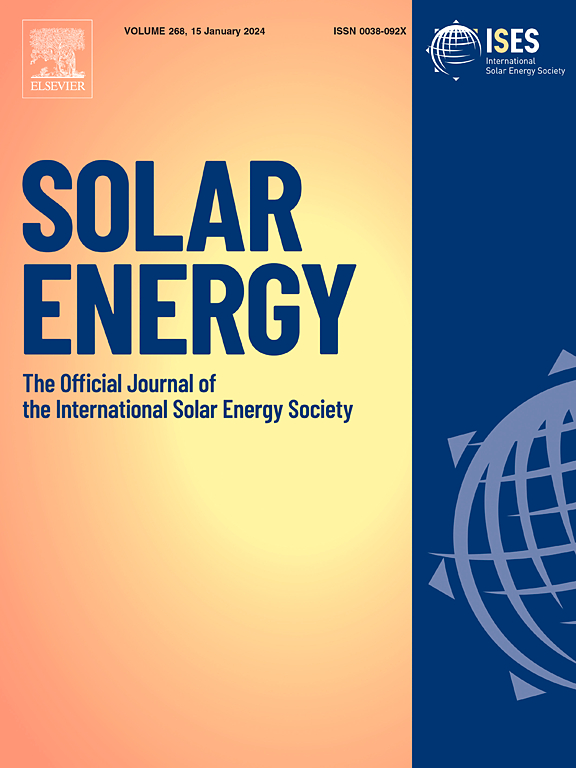A comprehensive review of advancements in solar and waste Heat-Based air Humidification-Dehumidification desalination
IF 6
2区 工程技术
Q2 ENERGY & FUELS
引用次数: 0
Abstract
Freshwater and energy are essential for human progress, but both are under growing pressure due to increasing populations and urbanization. Seawater desalination has emerged as a promising solution to water scarcity, yet traditional methods rely heavily on fossil fuels, raising environmental concerns such as global warming. In response, researchers are focusing on renewable energy-based desalination methods to develop sustainable alternatives. The humidification-dehumidification (HD) process is particularly notable for its low energy consumption and compatibility with renewable energy sources like solar or low-grade waste heat, reducing dependence on electricity. The main findings from the review indicate that HD desalination systems are increasingly optimized by integrating renewable energy sources like solar power and low-grade waste heat, improving both efficiency and sustainability. A key trend is the development of hybrid systems that combine HD desalination with energy generation technologies such as photovoltaic thermal collectors and organic Rankine cycles, addressing water and energy needs simultaneously. However, challenges remain in scaling these systems for broader applications, particularly in cost-effectiveness and maximizing freshwater production in diverse environments.
太阳能和废热空气加湿除湿脱盐技术进展综述
淡水和能源是人类进步的必要条件,但由于人口和城市化的不断增长,淡水和能源都面临着越来越大的压力。海水淡化已成为解决缺水问题的一种有前途的方法,但传统方法严重依赖化石燃料,引发了全球变暖等环境问题。为此,研究人员正在重点研究基于可再生能源的海水淡化方法,以开发可持续的替代方法。加湿-除湿(HD)工艺因其低能耗和与太阳能或低品位废热等可再生能源的兼容性而尤为突出,从而减少了对电力的依赖。综述的主要结果表明,通过整合太阳能和低品位余热等可再生能源,加湿除湿海水淡化系统日益优化,从而提高了效率和可持续性。一个主要趋势是开发混合系统,将高清海水淡化与光伏集热器和有机朗肯循环等能源发电技术相结合,同时满足水和能源需求。然而,在扩大这些系统的应用范围方面仍然存在挑战,特别是在成本效益和在不同环境中最大限度地生产淡水方面。
本文章由计算机程序翻译,如有差异,请以英文原文为准。
求助全文
约1分钟内获得全文
求助全文
来源期刊

Solar Energy
工程技术-能源与燃料
CiteScore
13.90
自引率
9.00%
发文量
0
审稿时长
47 days
期刊介绍:
Solar Energy welcomes manuscripts presenting information not previously published in journals on any aspect of solar energy research, development, application, measurement or policy. The term "solar energy" in this context includes the indirect uses such as wind energy and biomass
 求助内容:
求助内容: 应助结果提醒方式:
应助结果提醒方式:


